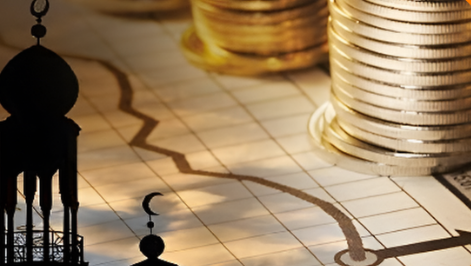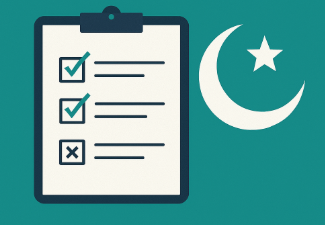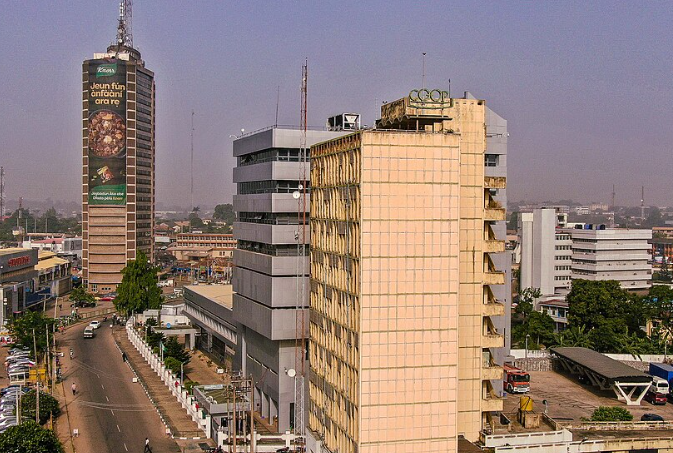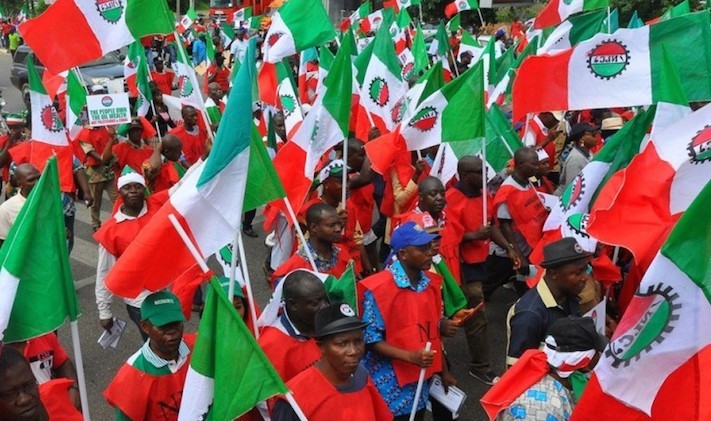On Saturday 4th October 2025, the SimplyHalal Ethical Investment Community of Infoprations launched its first Community Knowledge Webinar, drawing participants from across Nigeria and outside the country to discuss how Muslims can build wealth without compromising their faith. The session, titled Principles of Overcoming Financial Challenges and Creating Halal Way to Wealth, was delivered by Dr Abdulrazaq Taiye Jimoh, a finance scholar at the University of Ilorin. Speaking from Ilorin, he set out a vision for financial independence rooted in Islamic teachings, history and the growing number of Shariah-compliant financial tools now available in Nigeria.
Jimoh began by stressing that financial literacy is the cornerstone of economic security. He described it not only as the ability to budget, save, invest and borrow responsibly, but also as “a fortress against poverty, a means of creating wealth, and a pathway to independence.” He argued that many Muslims shy away from financial markets because of fears that they might inadvertently invest in prohibited industries. But with proper education and the right screening tools, he said, investors can take advantage of opportunities while staying within the bounds of Shariah.

For Jimoh, faith and finance are inseparable. He cited the objectives of Islamic law (known as maqasid al-shariah) which place the protection of wealth alongside safeguarding faith, life and intellect. From the Qur’an, he highlighted verses urging believers to document debt contracts and condemning fraudulent trade, presenting these as early models of financial accountability and ethical business practice.
The lecture was interwoven with lessons from Islamic history, most notably the example of Abdurrahman ibn Awf, one of the Prophet Muhammad’s companions. Arriving in Madinah as a migrant with nothing, he famously declined charity, asking only to be shown the way to the market. Through honest trade, reinvestment and diversification, he became one of the wealthiest Muslims of his time, yet remained humble and generous, funding expeditions and supporting the poor. Jimoh said ibn Awf’s life proved that one could be both wealthy and socially responsible, a message that resonates with Muslims seeking guidance in today’s financial systems.
Turning to the present, Jimoh set out the principles of halal investment: profits must be tied to real assets, risks should be shared fairly, and sectors such as alcohol, gambling and conventional interest-based banking must be avoided. He outlined a range of permissible options, including equities in Shariah-compliant firms, sukuk or Islamic bonds, real estate, mutual funds and partnerships based on profit-sharing or joint ventures.
He also pointed to a growing number of modern tools that can help Muslims in Nigeria and beyond. Fintech platforms such as Cowrywise now provide digital access to halal investment products. For those interested in global markets, platforms such as Zoya, Musaffa and Cur8 offer screening and investment services aligned with Shariah standards. These, he suggested, could give ordinary Muslims the confidence to participate in wealth creation without compromising on principle, although he acknowledged the importance of due diligence in a sector vulnerable to fraud.
The lecture also widened its scope to consider poverty alleviation. Drawing on the Prophetic model, Jimoh emphasised that financial independence in Islam extends beyond individual gain to include social solidarity. The Prophet Muhammad institutionalised zakat, encouraged voluntary charity, promoted self-reliance and supported the establishment of waqf, or endowments, to provide lasting community benefit. Jimoh said these principles remain relevant, especially in societies grappling with inequality.
Concluding his talk, he offered participants practical steps towards halal financial independence: earn through lawful means, live modestly and save, diversify investments, protect wealth through zakat and takaful, and secure the future with wills and endowments. “Financial independence in Islam is not just about self-sufficiency,” he said. “It is about aligning wealth with divine principles, lifting others from poverty and fostering communal prosperity.”
The webinar marked the beginning of SimplyHalal’s Community Knowledge Series, an initiative designed to promote financial literacy and ethical investment among Nigerian Muslims.











Leave a Reply